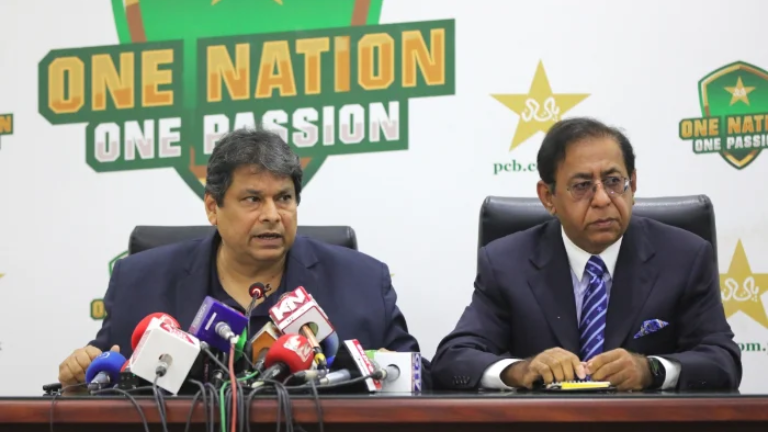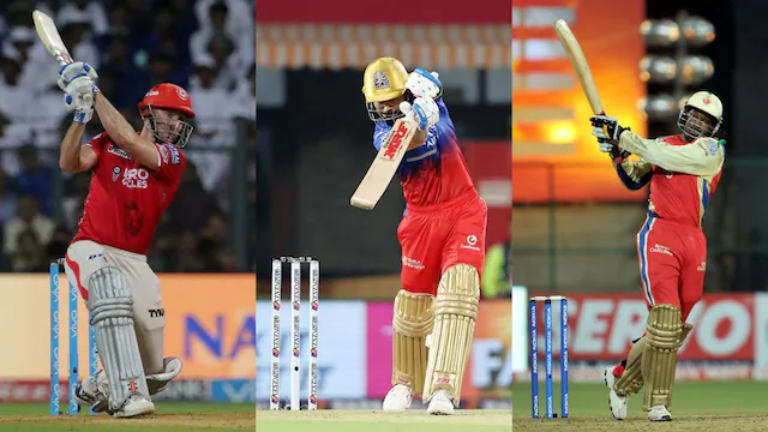In a jaw-dropping turn of events during the thrilling T20 series between India and Afghanistan, questions arise about Rohit Sharma’s unexpected appearance in the second Super Over against all odds. The confusion stems from his apparent retirement in the first Super Over, sparking debates and raising eyebrows in the cricketing world.
Despite the International Cricket Council’s (ICC) clear mandate stating that “Any batsman dismissed in any previous Super Over shall be ineligible to bat in any subsequent Super Over,” Rohit Sharma defied the norm. The drama unfolded during the third T20 at the M Chinnaswamy Stadium in Bengaluru, where a dead-rubber match turned into a perplexing spectacle with two Super Overs needed to determine the victor.
The ambiguity surrounding Rohit’s participation in the second Super Over revolves around whether he was ‘retired out’ or ‘retired hurt’ in the initial encounter. The ICC’s playing conditions stipulate that a batsman can only be ruled out of another Super Over if dismissed in the preceding one. In a strategic move, Rohit swapped himself with Rinku Singh during the chase, introducing an element of uncertainty.

Clause 25.4.2 of the ICC playing conditions for men’s T20Is adds another layer to the controversy, stating that a batsman can resume innings if retired due to illness, injury, or unavoidable circumstances. However, the opposing captain’s consent is required if the retirement occurs for any other reason. This implies that Afghanistan captain Ibrahim Zadran permitted Rohit Sharma’s return to the crease in the second Super Over.
Amidst the chaos, Afghanistan coach Jonathan Trott expressed bewilderment, admitting to having no information on whether Rohit retired out or not out. Trott questioned the evolving nature of cricket rules, stating, “It’s sort of like a new… we keep setting these new sort of rules. What I am trying to say is we kept testing the rules, we kept testing the guidelines.”
Furthermore, ICC rules prevented Afghanistan from using Azmatullah Omarzai again in the Super Overs, compelling them to opt for Fareed Ahmad. Trott emphasized the need for clarification on such instances, stating, “If those are the rules, that’s great. I just think we had a good game, and I don’t think that should be the talking point.”
In the midst of this controversy, additional rules come to light, explaining India’s switch in batting order between the match and the Super Over. The intricate rules dictate the order of play, creating a tangled web of regulations that are becoming the focal point of discussions post the enthralling encounter.





